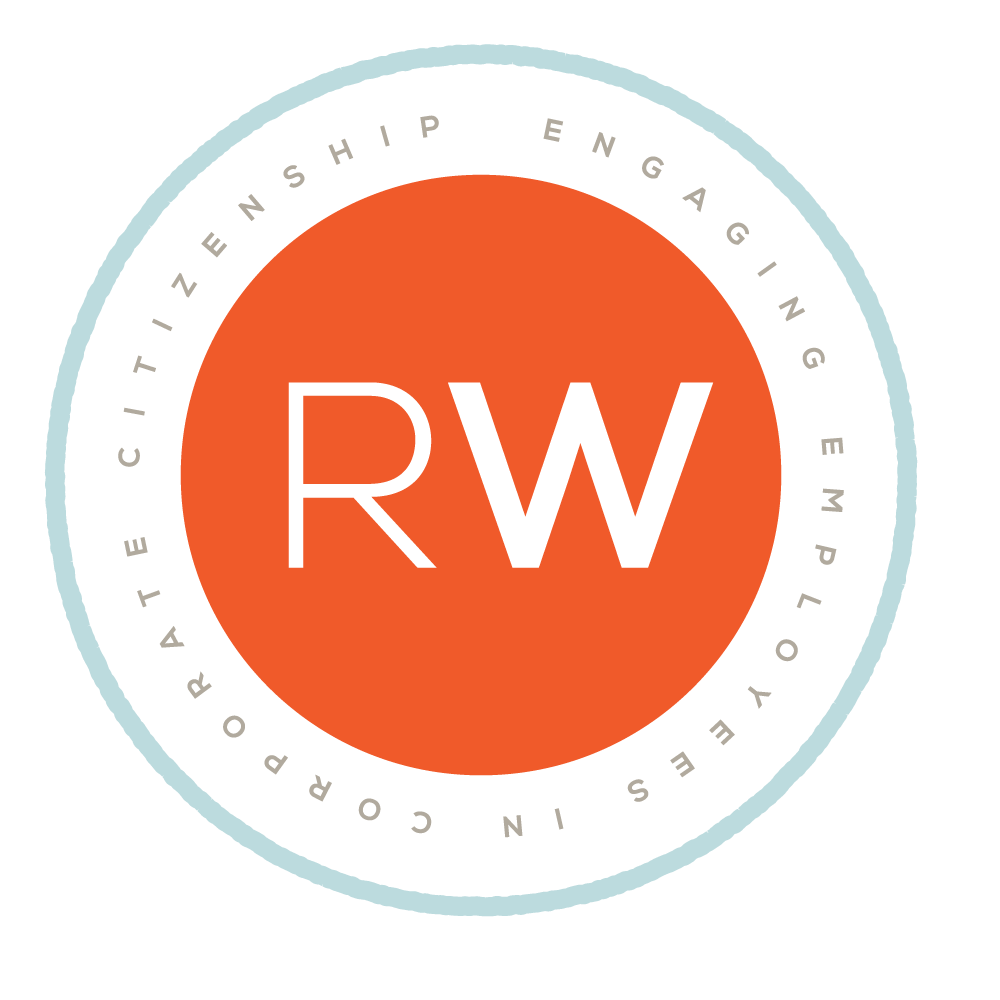The Rise of the Corporate Citizen
50 years after the first ever Peace Corps team landed in Ghana - the PepsiCorps team has arrived on the very same beaches - to do good. What do you think of the Rise of the Corporate Citizen?
The Rise of the Corporate Citizen
A new idea
John F. Kennedy was exhausted. It had been a long day and now, at 2 a.m. Kennedy was just arriving at the University of Michigan. The upcoming Presidential election was just three short weeks away and Senator Kennedy had been traveling across the country in a last ditch effort to secure every last possible vote.
Kennedy stepped to the podium. A cheering crowd of some 10,000 students filled the auditorium in front of him. His speech began weakly with a joke that he had come to Ann Arbor to go to bed. The students cheered, their energy filling the air. Kennedy’s exhaustion was replaced by their enthusiasm and as he stood in front of the future of the nation, something magical happened.
An idea was born.
Kennedy set aside his prepared notes and spoke from his heart:
"How many of you, who are going to be doctors, are willing to spend your days in Ghana? Technicians or engineers, how many of you are willing to work in the Foreign Service and spend your lives traveling around the world?"
A couple of nights later the students wrote out a call to action on a napkin. Within a few days time 1,000 students had signed the petition to create Kennedy’s Peace Corps. Six months later, having won the election, President Kennedy signed an executive order and the Peace Corps began. Since then, more than 200,000 citizens have participated in the Peace Corps serving in 139 countries around the world.
An idea with a rich tradition
The Peace Corps may have been born that night in Ann Arbor, but the idea itself had been around for awhile. In 1951, Kennedy, as the Representative of Massachusetts, proposed the following:
"Young college graduates would find a full life in bringing technical advice and assistance to the underprivileged and backward Middle East ... In that calling, these men would follow the constructive work done by the religious missionaries in these countries over the past 100 years.”
This idea of mobilizing American citizens to assist nations and communities around the world had been considered by Kennedy and other members of Congress since the conclusion of second World War. Yet Kennedy’s comments revealed an idea with a much richer tradition. The Peace Corps was rooted in missionary work that had been carried out by churches and other religious bodies for hundreds of years.
When asked where the idea for the Peace Corps came from, Kennedy answered that he had based much of his thinking on the example of Operation Crossroads Africa founded by Rev. James H. Robinson.
A Tradition Continues
Just a few weeks ago on October 14, PepsiCorps landed in Ghana. An 8 member team, drawn from around the world and across PepsiCo’s business units, was tasked with addressing the acute issue of access to clean water, sanitation and hygiene in the Ketu South District.
PepsiCorps is a month-long project in partnership with CDC Development Solutions. Each member of the team is expected to draw on work-related skills to help the host community and achieve the goals of the project. The team will be living and working alongside members of the Ketu South District community. The hope is that they will become “more attuned to on-the-ground realities and develop deep insights into the connections between business and social needs.” (You can read the teams' blogs here).
Ghana was the first country in the world to receive Peace Corps Volunteers on August 30, 1961. Inspired by the best qualities of missionary work around the world, the United States government mobilized citizens for the benefit of other nations facing seemingly insurmountable social and environmental crisis. The Peace Corps was established for the following purpose:
“To promote world peace and friendship through a Peace Corps, which shall make available to interested countries and areas men and women of the United States qualified for service abroad and willing to serve, under conditions of hardship if necessary, to help the peoples of such countries and areas in meeting their needs for trained manpower.”
Now, 50 years later, PepsiCorps has landed on the beaches of Ghana. Inspired by the best qualities of the Peace Corps tradition, PepsiCo has mobilized its employees with similar aspirations:
“PepsiCorps is about more than volunteering; it speaks to the responsibilities of businesses to the communities and the larger world in which they are embedded. This theme of prospering at the intersection of what’s good for business and what’s good for society derives from PepsiCo’s mission – Performance With Purpose.”

